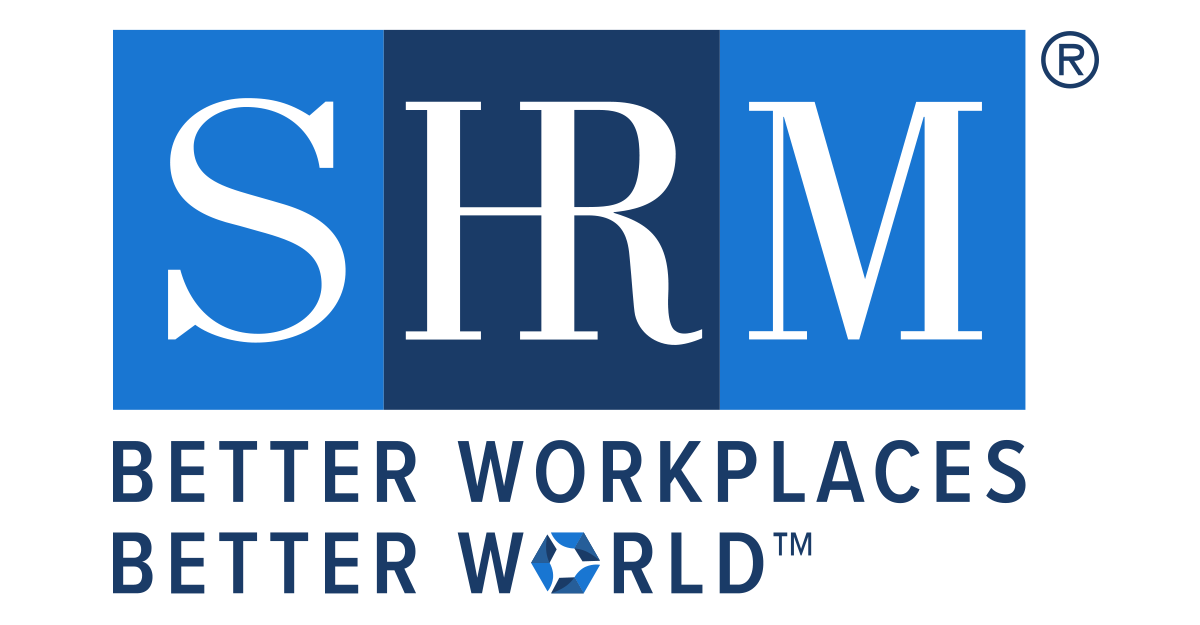NewsBites
Several influential media featured the accomplishments of the School of Management and the expertise of its faculty over the past year.
Below is a summary of some of the school's citations in prominent national and regional media. These media placements enhance the school's national reputation and help to brand it as one of the nation's top business schools.
BBC

Kate Bezrukova, associate professor of organization and human resources, was quoted in a BBC story on the rise of unconscious-bias training in workplaces and the mixed evidence of their effectiveness. One of the reasons for backlash against the training is because it makes people uncomfortable, she said. “It works only when you’re the most uncomfortable. Human nature is to take the easy way.”
Bloomberg

A book co-authored by Feng Gu, professor and chair of accounting and law, was cited by Bloomberg in an opinion piece about vague accounting disclosures in the auto industry. In The End of Accounting and the Path Forward for Investors and Managers, Gu wrote about how investors and analysts were able to demand more extensive disclosures in other industries.
Wall Street Journal

Gu also was quoted in a Wall Street Journal article about businesses reporting the largest amount of “goodwill” on their balance sheets in over a decade as their assets declined during COVID-19. “When a public company records an impairment charge on its balance sheets, it tells investors that a transaction didn’t go as well as expected,” according to the article. “All of a sudden,” Gu said, “the economy enters into recession and a company has a very hard time justifying the value of its goodwill.”
SHRM

Research by Emily Grijalva, associate professor of organization and human resources, was highlighted in a SHRM story about dealing with narcissists in the workplace. “Narcissists prevent good things from happening,” she said. “Over time, lower levels of narcissism result in teams being able to fully capitalize on the benefits of getting to know each other.”
NBC News

Charles Lindsey, associate professor of marketing, was featured in an NBC News story on the estimated increase in incremental gross profits Walmart could realize by serving as a COVID-19 vaccination site. “It’s generating additional foot traffic to the store and these individuals go in and buy other items,” he said. The story also appeared in Yahoo! News, MSN and other media outlets.
Fast Company

Lindsey also spoke with Fast Company about a subdued Black Friday in 2020. Lindsey said sales had been popping up for weeks leading up to Black Friday, so he expected consumers to spend less on the day itself. “Fear is a huge motivator, so it’s overriding the impulse,” he said. “Black Friday isn’t dead. It moved earlier.” He added: “It’s the perfect storm. All bets are off. Throw all forecasting models out the window.”
Washington Post

The Washington Post quoted Veljko Fotak, associate professor of finance, in an article about a 10-year-old who cashed in $3,200 of GameStop stock, gifted to him in 2019 by his mother. “I think the more kids learn and the more they understand the markets, the better equipped they are to plan for their own retirement, and the better off we are as a society,” said Fotak. The article was republished on Boston.com, the Houston Chronicle and MSN.
CNBC

Fotak also spoke with CNBC about the stock hoopla surrounding GameStop. In many ways, the GameStop rally resembled bubbles of the past, but it had some unique characteristics, too, according to Fotak. “What is new is the scale and speed of the event,” he said. Populism spreading across the globe is yet another factor that fueled the bubble, Fotak said. “Some investors were motivated not just by pure greed, but also by a desire to ‘stick it to the man,’” he said.

Digital Trends
Digital Trends referenced research by Arun Lakshmanan, associate professor of marketing, in an article on the adoption of the “stories” function—a temporary thread of images, text and videos that document experiences—by major social media platforms. Ongoing research by Lakshmanan found that once people feel they can get information whenever they want, they tend to lose interest.
The Buffalo News

A Buffalo News story reporting on why it was so hard for people to sign up for COVID-19 vaccination appointments early on quoted two School of Management experts: Natalie Simpson, associate professor and chair of operations management and strategy, and Alan Katerinsky, clinical assistant professor of management science and systems. “It wouldn’t have been as heavy a lift if that had been the vision from the beginning. That train left the station a couple of months ago,” Simpson said of simplifying the vaccine appointment process. Katerinsky added, “The scale of the problem is only surpassed by the seriousness of the scope. If you do this wrong, it would be a disaster.”
Michael Dambra, associate professor of accounting and law, was interviewed for a Buffalo News article on local startup ACV Auctions’ path to going public. “First and foremost, hopefully there’s a bump in local employment, and typically you do see that an IPO has an improvement on the local economy,” said Dambra. He added the executives can put their experience and newfound wealth to work following an IPO. “Once you take a company public, you have a certain skill that the CEO or the CFO or the founders can use again,” he said. “Maybe you see expansions and future businesses generated from that.”